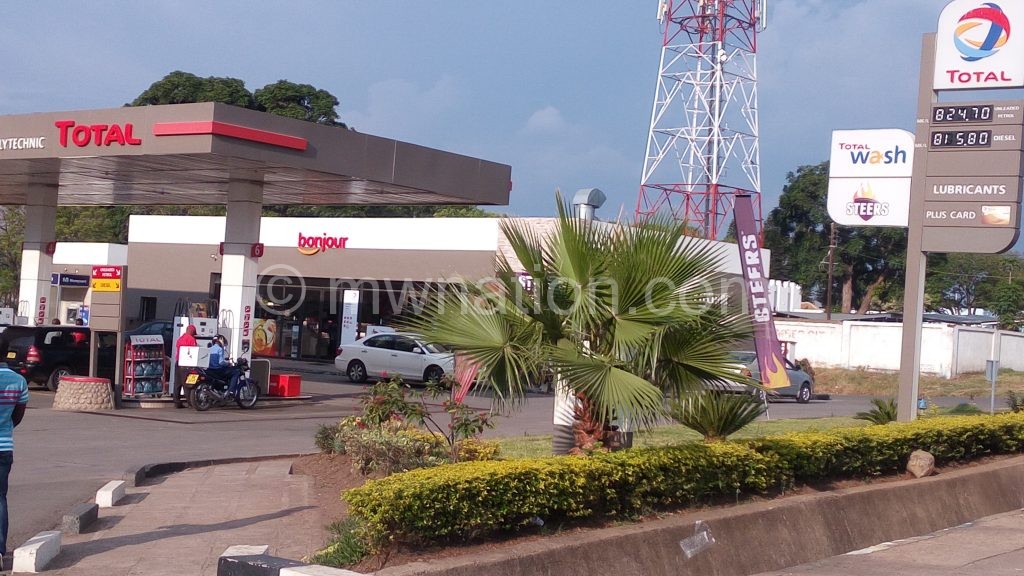Fuel price hike irks pvt sector
Not amused. Reeling from the high cost of running production on generators due to persistent power blackouts, the country’s private sector says the recent fuel price hike is ill-timed.
Malawi Energy Regulatory Authority (Mera) last Thursday announced new fuel prices which saw the petrol pump price going up by 4.62 percent from K788.30 per litre whereas diesel went up by 6.38 percent to K815.80 per litre to K766.90 per litre.

In an interview, the Malawi Confederation of Chambers of Commerce and Industry (MCCCI) chief Executive officer Chancellor Kaferapanjira described the fuel hike as punishment to the private sector.
“We feel like we are being punished. Otherwise the authorities’ could have known better the state of the economy that Malawi is in. The price adjustment especially on diesel will increase the cost of doing business in the country as a lot of firms are using diesel generators to address the electricity outage challenges that Malawi is facing,” he said.
Recently, the leather industry said they were losing more than K100 million a month due to power outages.
Speaking on behalf of motorists and consumers, the Consumer Association of Malawi (Cama) projects officer Maurice Nkawihe said the upward adjustment on fuel has long-lasting effects on the consumer.
“We are well aware that the increase is expected to up the prices of goods and services. Already, some sectors of the economy have started effecting new prices on their goods and services.
Considering the state of economy that Malawi is in at the moment, we feel consumers will find it hard to cope with these fuel hike impacts,” he said.
In May 2012, Malawi adopted the automatic pricing mechanism (APM) designed to ensure full-cost recovery. Under the arrangement, pump prices are supposed to be reviewed based on a minimum of five percent change in two parameters: the behavior of kwacha against the dollar and international free on board (FOB) prices of petroleum products.





